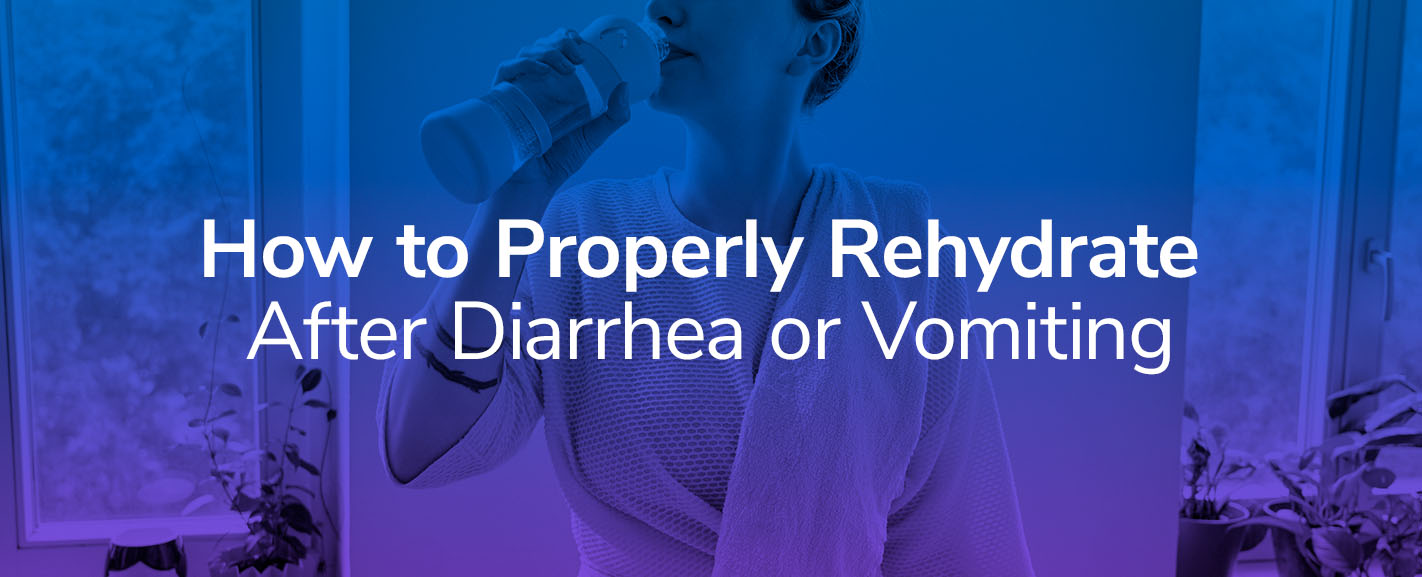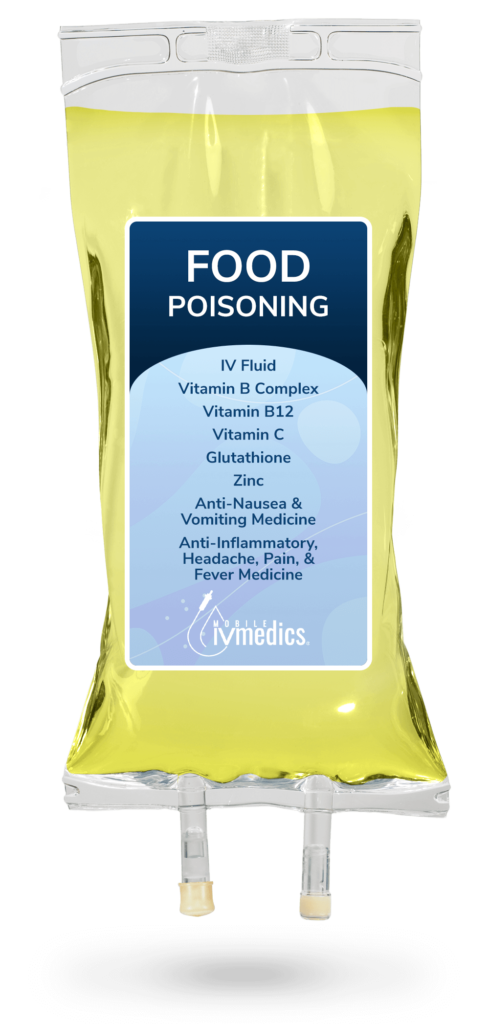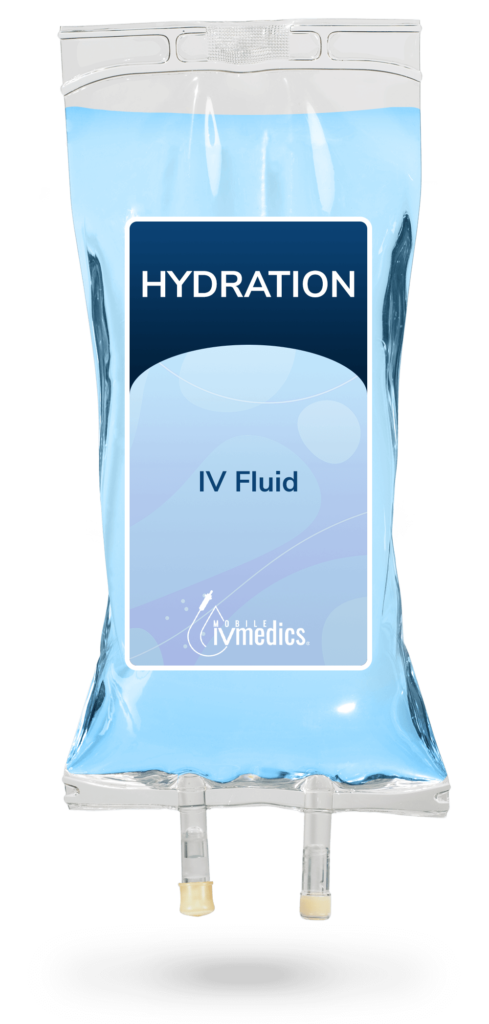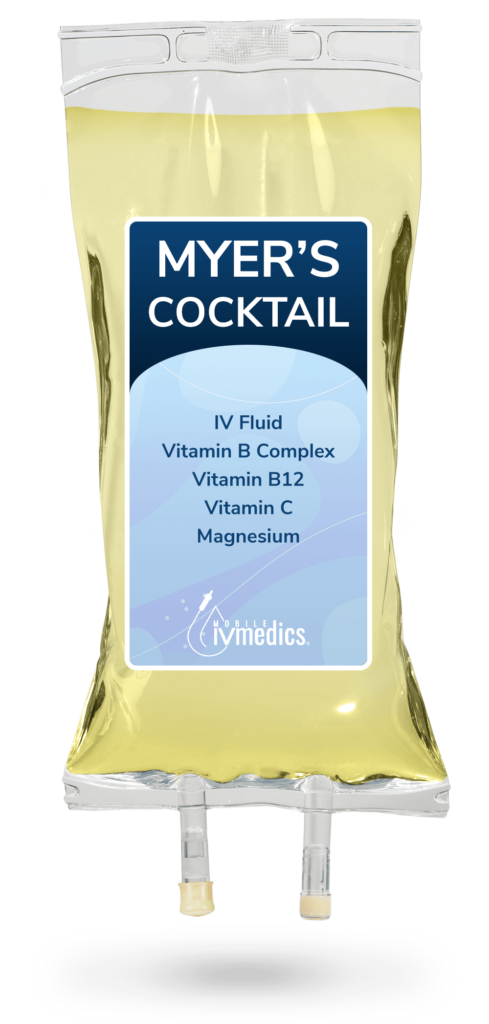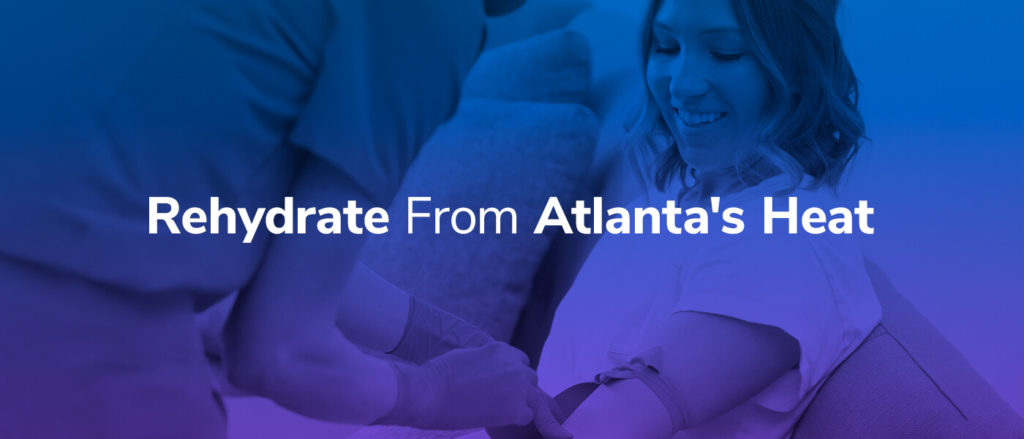Several different illnesses can cause diarrhea and vomiting. These symptoms can result from a bacterial infection, a parasite, a life-threatening illness, or even a simple case of food poisoning. Dehydration is a common side effect of both prolonged diarrhea and vomiting. Severe dehydration is caused when fluids in the body are lost faster than they’re replaced. Some symptoms of dehydration can include:
- Dry mouth.
- Dry tongue.
- Feeling thirsty.
- Fatigue.
- Sunken eyes or cheeks.
- Decreased skin turgor.
- Less frequent urination.
- Darker urine.
- Fainting.
Dehydration can become a dangerous issue if left unchecked, especially in young children and those with weakened immune systems. In severe cases, it can even be life-threatening. Even mild dehydration can create discomfort and poorly impact your sleep for instance.
Once you recognize dehydration symptoms, it’s important to treat them as soon as possible.
The Best Drink to Rehydrate After Diarrhea
When you come down with the flu, a stomach bug, or another gastrointestinal virus, you may find yourself reaching for your water bottle and keeping it on hand any time you can manage a sip. While water is a good way to restore lost fluids, electrolytes are key for treating diarrhea and vomiting.
Unsurprisingly, the best drinks to rehydrate after diarrhea are solutions designed to restore electrolyte imbalances caused by sweating and other forms of dehydration versus plain drinking water.
Sports drinks like Gatorade will fit your needs, along with oral rehydration solutions like Pedialyte, which you can find at your local grocery store. If you’re unable to purchase them, you can make your own from a mix of coconut water, salt, and calcium-magnesium.
Oral Rehydration Solutions
Electrolytes include minerals such as sodium, potassium, and calcium, which are all important for healthy bodily function. Even if fluids are restored, a lack of electrolytes can have a negative effect on the body. Thankfully, there are several easy ways to restore them outside of electrolyte solutions.
You can drink 100% fruit juice, non-caffeinated beverages such as tea, or simple broths. Foods like bananas, avocados, and yogurt also provide electrolytes. If you’re having a hard time swallowing, you can suck on ice cubes or fruit pops.
Avoid caffeinated, alcoholic, or excessively sugary beverages, as these can increase dehydration symptoms.
How to Rehydrate After Vomiting
Knowing how to stay hydrated when throwing up is important to protect your health. You might have to try several remedies to find the ones that work for you. Some people find that warm liquids like broth or tea help soothe their stomachs, while others need something a little sturdier, like toast, rice, or crackers. Regardless, it’s important to take it slow and try a little at a time to see how your body reacts.
When you’re sick, your body may reject everything that you try to put in it. Even if you can get something in your stomach, there’s no guarantee it will stay there long enough to get in your bloodstream and restore your electrolyte levels. If you think you may be at risk for severe dehydration, it might be time to consider intravenous (IV) therapy. Since this therapy does not require you to consume anything, you can get the nutrients you need and start feeling better faster.
Will an IV Help With Diarrhea?
IV therapy refers to the practice of delivering fluids, nutrients, and medicine directly to a person’s body through their veins, usually in the arm. IV therapy is often used in cases of severe dehydration to quickly restore lost fluids and nutrients.
There are several benefits to IV therapy for electrolyte restoration over oral methods. IV therapy restores lost nutrients more quickly than oral ingestion. Using an IV also provides electrolytes more efficiently due to the fact that you can adjust the solution depending on what the patient needs the most. If the patient suffers from repeated vomiting, IV therapy also removes the risk of regurgitating ingested substances.
However, there are certain drawbacks to traditional IV therapy. Since an IV is inserted directly into the vein, the process can cause mild discomfort upon insertion that may continue throughout the procedure. Moving around too much during the procedure can dislodge the needle, leading to the solution being injected into the tissue surrounding the vein instead. Extended IV use can lead to vein collapse, especially in children. This process, while non-life-threatening, does require reinsertion of the IV.
Additionally, IV therapy for moderate to severe dehydration is usually an inpatient procedure, which requires you to fill out paperwork and stay in the clinic or hospital until you’re released by a medical professional. This process can cost you hours of time.
Thankfully, Mobile IV Medics removes many of the unpleasant possibilities of IV therapy. We’ll come directly to your location upon appointment, eliminating the need for you to visit a clinic yourself. We use a topical numbing agent at the point of insertion, so the process is relatively painless. Our customizable packages mean that we can alleviate the symptoms of dehydration along with migraines and hangovers.
IV Fluids for Diarrhea and Vomiting
In the case of dehydration treatment, IV therapy usually involves a saline mixture that contains sodium, sugars like glucose or dextrose, and electrolytes such as potassium. IV solutions are made using crystalloid solutions, which aid water passage in your cells through osmosis. There are three types of crystalloid solutions — hypotonic, hypertonic, and isotonic.
- Hypotonic: Used to treat dehydration from metabolic acidosis, diabetic ketoacidosis, and hypernatremia, which occurs when sodium levels are too high. Hypotonic solutions lead to water moving from extracellular fluid to intracellular fluid — from the space outside of your cells to the space inside. This process is due to the lower quantity of solutes in the solution when compared to blood plasma.
- Hypertonic: Used to treat hyponatremia, a condition where your body is sodium-deficient. Hypertonic solutions contain higher amounts of solutes and cause fluid to travel from your cells to intravascular spaces — spaces inside blood vessels.
- Isotonic: This is the most common type of IV fluid. Used for electrolyte loss caused by diarrhea, vomiting, or other methods of rapid fluid loss, as well as general electrolyte imbalances. Isotonic solutions contain a near-qual amount of solutes when compared to blood plasma, meaning it supply fluid to both extracellular and intracellular spaces.
Mobile IV Medic’s rehydration treatment is a simple saline solution, made from a mixture of water, electrolytes, and sodium chloride. Proper rehydration will lead to a wide array of positive effects, including:
- Prevention of dry mouth.
- Smoother skin.
- Better concentration and heightened focus.
- Improved mood.
- Higher energy levels.
- Improved cardiovascular health.
What’s more, you can add various additions to your rehydration package for more benefits. You can choose to include vitamins such as B, B-12, C, and D, anti-nausea medication to ease vomiting, or anti-heartburn medication to ease symptoms of acid reflux.
Products Related To This Post:

Schedule a Mobile IV Medics Appointment Today
Diarrhea and vomiting are unpleasant enough on their own, and dehydration can make them even worse. While drinking water, juice or even oral rehydration solutions can help, there are other ways to restore lost fluids and nutrients. IV therapy is a fast, easy way to rehydrate and alleviate symptoms of dehydration.
Mobile IV Medics makes IV therapy quick, convenient and affordable to those in California, Colorado, Texas, Florida, Nevada or Georgia. We offer a variety of services to alleviate symptoms from dehydration, hangovers and more. Visit our website if you’re interested in booking an appointment with us or check out our contact page for more information. Take the first step, and we’ll bring rejuvenation to your door!
Related Articles:
- How to Recover From Food Poisoning
- Fast Stomach Flu Treatment
- Best Ways to Eliminate Morning Sickness
- What Is IV Therapy?
- How Can I Hydrate My Body Without Drinking Water?
Sources:
- https://www.everydayhealth.com/diarrhea/dehydration-complication-may-arise-from-diarrhea/
- https://health.clevelandclinic.org/electrolyte-drinks-beneficial-or-not/
- https://diaresq.com/blog/homemade-electrolyte-drink-diarrhea-recipe-directions/
- https://www.dripdrop.com/blog/medical-conditions/iv-fluids-for-dehydration
- https://www.dripdrop.com/blog/medical-conditions/iv-fluids-for-dehydration
- https://my.clevelandclinic.org/health/treatments/21635-iv-fluids
